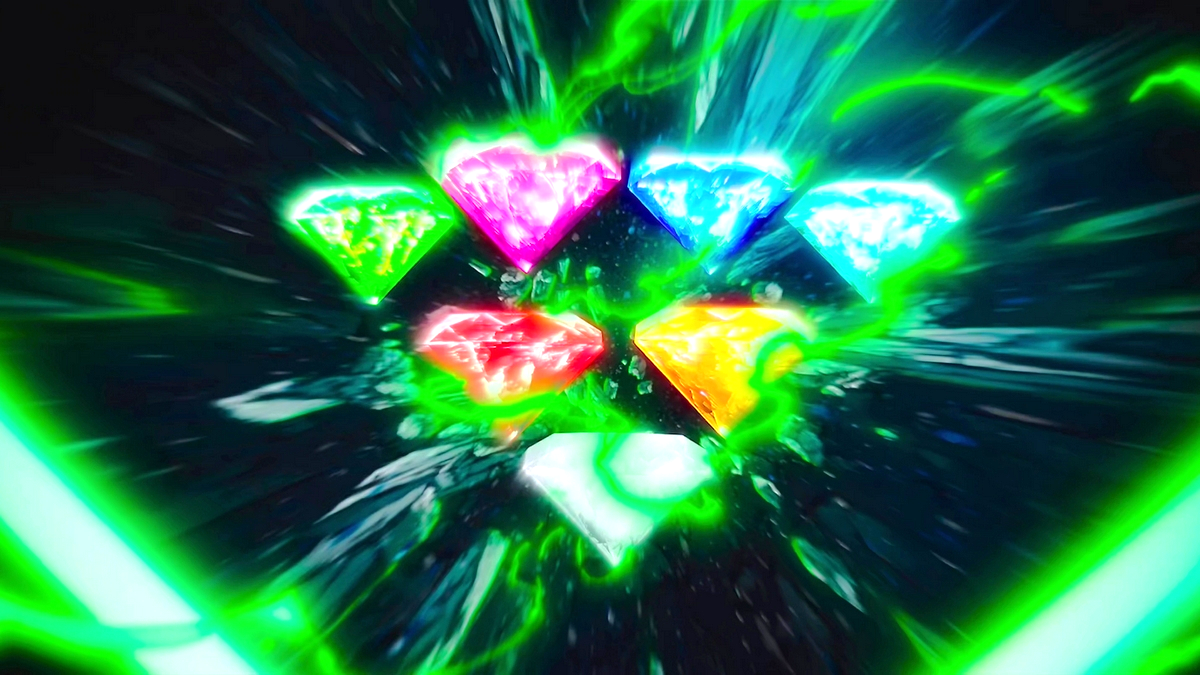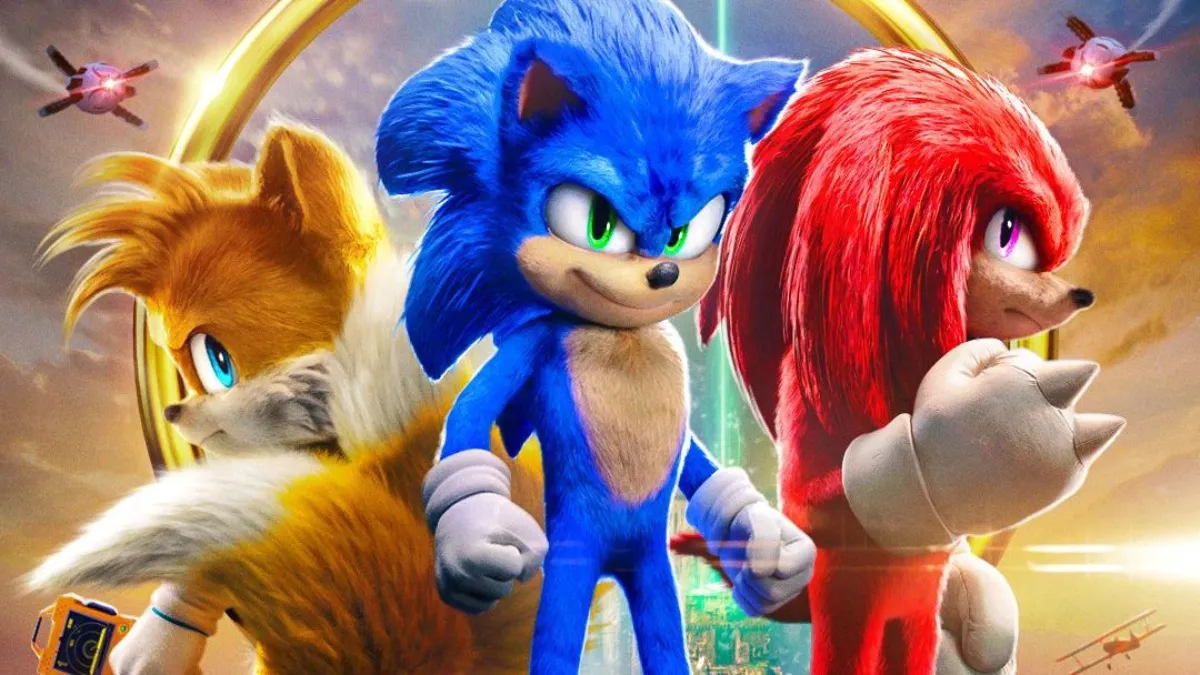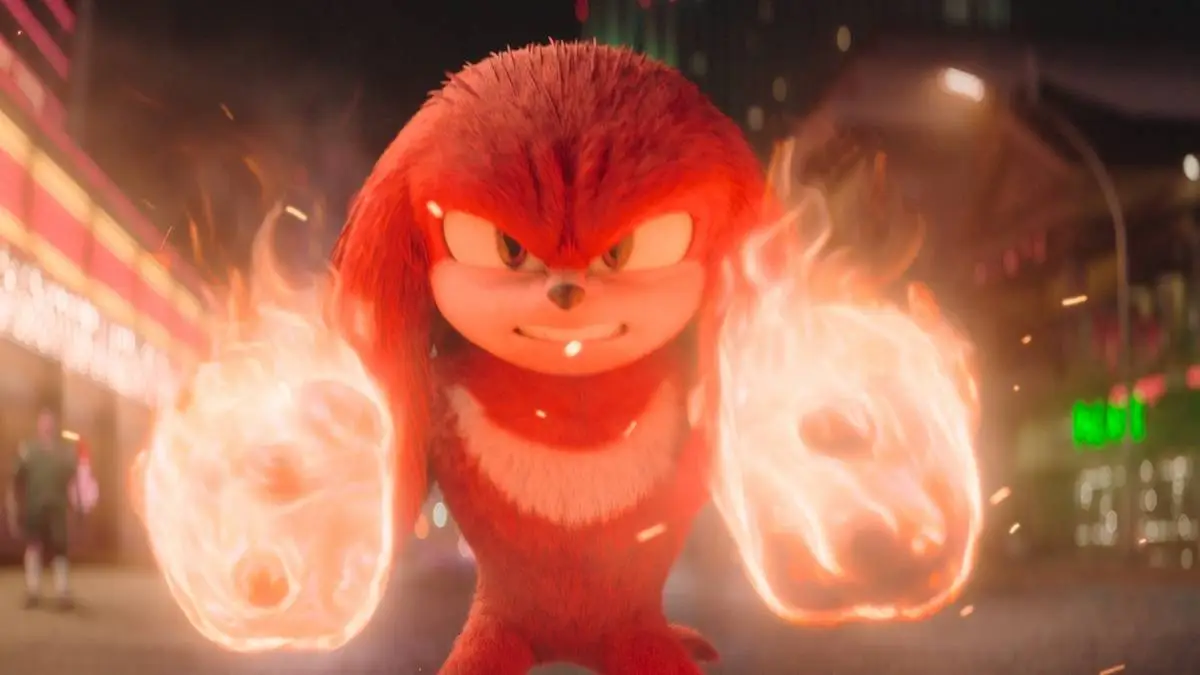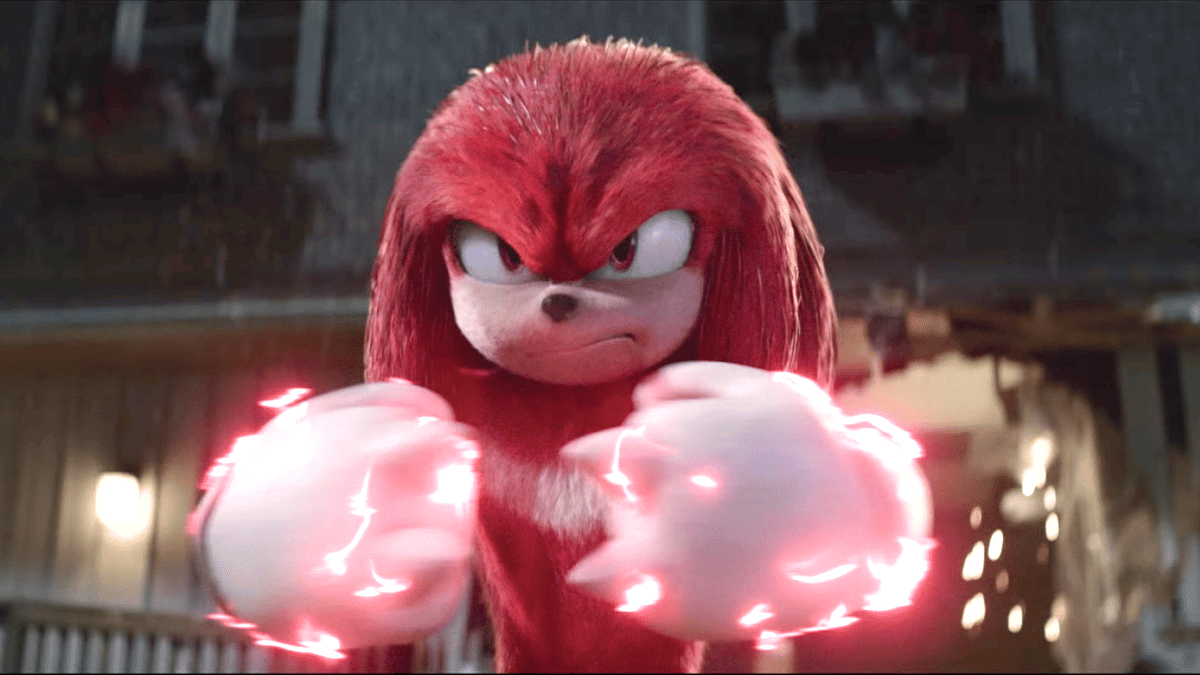You will need to possess one very important trait before you jump straight into Stardew Valley-esque wonderland of My Time at Portia: patience. If you do not have the patience for games that take their sweet time getting to the proverbial good stuff, then you will not make it beyond the first few hours of this engaging open-world crafting/RPG/farm management title — it simply will not happen. However, while the game often stumbles between balancing these different genres, the positives aspects certainly outweigh the negatives by a very wide margin. That said, again, you’ll need to prepare yourself for the long haul. My Time at Portia gives you precisely what you put into it, so if you don’t fancy yourself a fan of the aforementioned Stardew Valley, Harvest Moon, or Animal Crossing, this game will not change your time at all. Portia, thankfully, recognizes and appreciates its niche, and the gameplay never strays too far from what you’d expect of it.
Although I never really got into Animal Crossing, I have spent a fair amount of time with both Stardew Valley and Harvest Moon, so I’m no stranger to the mysterious workings of games that combine bits and pieces from role-playing games and farming and crafting sims. I didn’t think I would, honestly, but games along the same lines as My Time at Portia made me realize I don’t need to spend every waking moment with video games that shove me violently toward one particular goal or another. Instead, I can sit back, relax, and raise some crops before I venture into a nearby field to battle some foes that, honestly, look a little too adorable to slaughter. If you’d told me 10 years ago that I’d prefer something low-key and laid back, as opposed to ducking behind large chunks of concrete while I wait for an opportunity to destroy some aliens, I’d have called you mental. Today, however, I prefer the slow burn, though I’m still not opposed to chaotic musou-style showdowns.

And My Time at Portia definitely takes time to burn. The first few hours involve your character, who recently inherited a farm in the titular town, learning the ropes as he or she becomes a licensed contractor, which allows you to build stools, tables, bridges, and whatever else the citizens of Portia might require. You will square off against other contractors for some of these gigs, and more than once I watched as one of my competitors sniped a job off the notice board right in front of me. And while you can follow the main questline to push the story forward, you never feel rushed to jump on that train and ride it toward its conclusion. Full disclosure: After thirty-plus hours with the game, I don’t think I’m anywhere close to wrapping up my character’s story, and to be perfectly honest, I don’t know if My Time at Portia has a proper “conclusion.” I’m much too busy making furniture and what-not for people, and I’m perfectly fine with that.
And you’ll definitely spend a lot of time crafting all sorts of items in My Time at Portia, as well as crafting a lot of things you’ll need to actually, you know, craft other stuff. You start out with a simple workbench and an area that allows you to design and assemble larger, more complex creations. And during the first few hours, you’ll need to prepare for a potential slog that involves mining for materials, crafting components, installing those components, and returning to the mine for more materials — and then repeating those steps all over again. You can also kill some time making trinkets, doodads, and what-not for the bizarro residents of Portia, which will help you add new recipes and crafting plans to your journal. Again, it’s a bit of a time sink, and if the first hour or so doesn’t properly hook you, then you might need to hang up your gear and head for an adventure that doesn’t involve a similar gameplay loop. But if you can stick it out during those admittedly troublesome hours in the beginning, things do get a bit more rewarding and a lot more interesting. For the most part, anyway.

Let me also add that after over thirty hours with the game, I feel like I’ve barely accomplished anything whatsoever, and I mean that in the best way possible. My Time at Portia comes packed with content, and if my current playtime provides any indication of things to come, you can easily spend well over one hundred hours crafting, gathering resources, mining, and battling the world’s handful of foes. Portia also works well for people who don’t have hours and hours to devote at any given time to a video game, and I suspect it will play extremely well on the Nintendo Switch, allowing you to pop in for 15 minutes, build a few items, and then head back to the responsibilities of the real world. But even if you play it on a console anchored to your television, Portia still gives you a chance to play for as long as you deem necessary without forcing you to complete missions or watch lengthy cut scenes before moving on with your day. I desperately want to say that it all adds up to a very laid back, casual gaming experience, but I fear the word “casual” will give you the wrong impression.
When you’re not building, gathering, mining, or fighting, you’ll spend a lot of time trying to appease the many citizens of Portia, most of whom seem excessively needy. To keep them happy, you pretty much have to do build them things, so, again, you’ll spend the majority of your time building, gathering, mining, and fighting to keep yourself stocked on the things you’ll need to build the items the residents want. It’s the loop, folks — you either love it or hate it. As the game progresses, your relationships will grow, and you’ll have opportunities to meet up with these people for special events and town meetings. It helps make you feel as though your character resides in a living, breathing world, one that’s packed with bright colors and adorable critters. Which feels strange, really, when you consider that Portia takes place in a weirdly cheerful post-apocalyptic world. After you realize that your budding farm sits in the shadow of ruined skyscrapers, it adds a weird sense of melancholy and foreboding, though this sensation never interferes with the game’s ability to generate endless amounts of joy.

But here’s the thing about My Time at Portia: Nothing you do here feels unique. In fact, it often plays out as a “Greatest Hits” collection culled from other games. And while I’m not saying developers can’t borrow aspects from their brethren, Portia often doesn’t do anything very interesting with the mechanics and gameplay it cribs from more established titles. For instance, while you can get to know and develop relationships with the people who call Portia home, it doesn’t handle this system as well as, say, Animal Crossing. And when you need to head out into a monster-filled dungeon to gather resources, it never really scratches that itch in the same manner as Stardew Valley. None of this makes for a bad experience, mind you, but it also doesn’t create a feeling that you’re doing something you can’t find in other games. All Portia has accomplished, beyond its unique setting, is to gather them all together and try to make these mechanics work in a cohesive way. Does it succeed in this mission? Not always, which, at times, can make the whole thing feel very uneven and unstable.
If you can shake that nagging feeling of familiarity, My Time at Portia gives fans of the crafting/mining/resource management/RPG genre plenty to do — and then some. I feel like I’ve barely tackled half of what the game has to offer, and I fully intend to continue gathering schematics, making friends, and delving into the post-apocalyptic landscape’s ruins to keep the adventure alive. Although I run into things that other games have executed in a more profound and satisfying way, I can’t fault the developers for taking those systems and incorporating them into their own world. It probably won’t replace the beloved character you’ve literally spent hundreds of hours with Stardew Valley, but it serves as a nice distraction when your guy or gal needs a little time for some proper rest and relaxation.
This review is based on the Xbox One version of the game. A code was provided to us by Team17.






